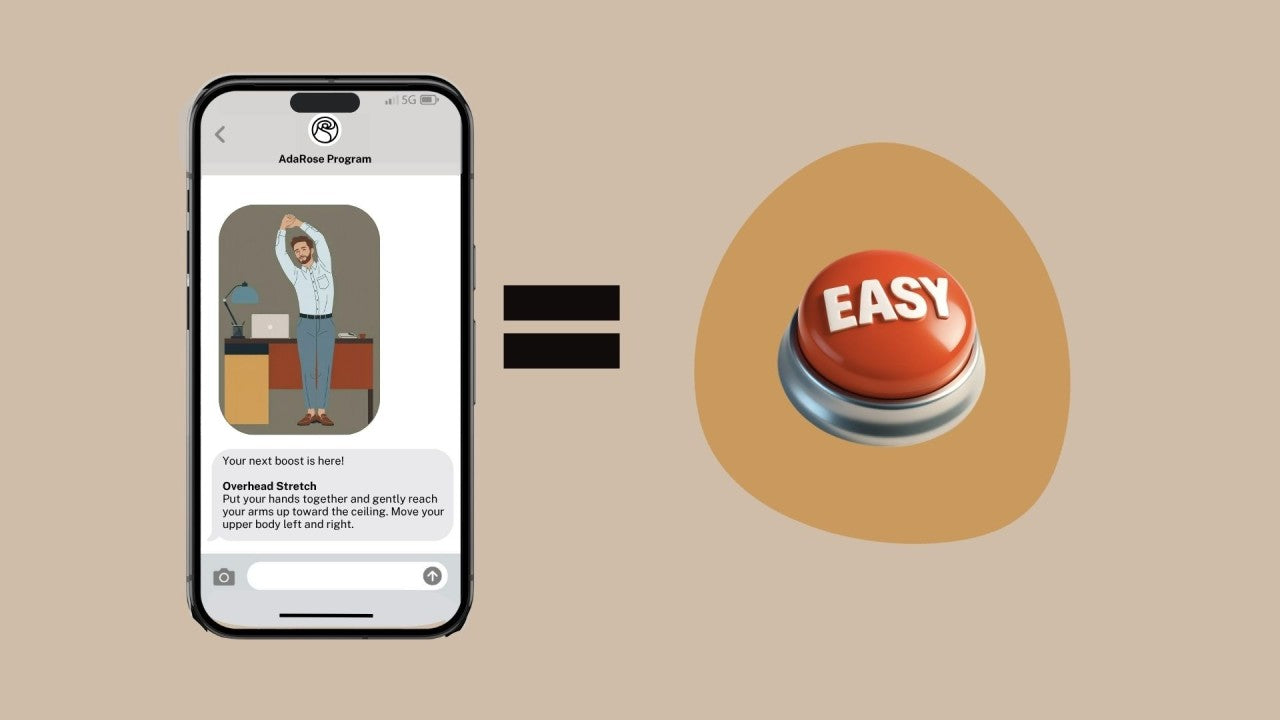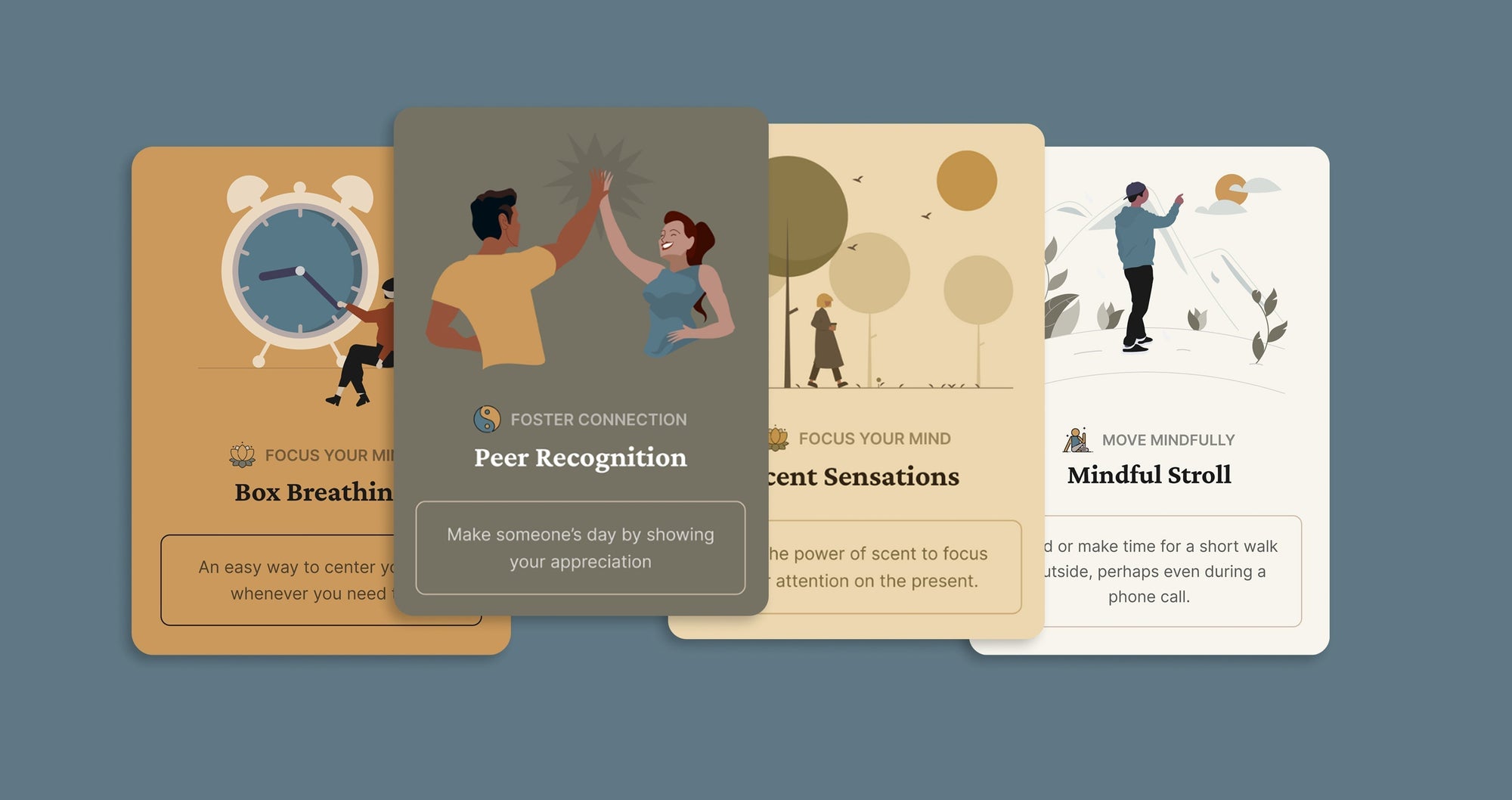Driven in part by steadily-rising rates of mental health conditions such as anxiety and depression over the past two decades, researchers have focused increasingly on the many benefits that self-compassion may offer. The prevalence of mental health conditions has increased especially during the Covid pandemic, particularly among young adults including teen girls.
Studies have found links between self-compassion and higher levels of happiness, greater life satisfaction, enhanced motivation, more meaningful relationships, and even improved physical health.
How does self-compassion help people cope with life's challenges? Whether someone is dealing with a job or financial crisis, the end of an important relationship, or another hardship or regret that feels overwhelming, self-compassion seems to buffer against feelings of despair, stress, and hopelessness.
Let's look more closely at why this is, plus how to practice the "art of self-compassion" yourself.
What Does Self-Compassion Mean?
There are many definitions of self-compassion and ways to describe what it entails. One useful definition is: "generating kindness toward yourself as an imperfect human."
What exactly does this mean? The word compassion means to “suffer with," so you can think of self-compassion as suffering with yourself.
In other words, it involves treating yourself like you would a best friend. It's all about being patient, giving yourself the benefit of the doubt, and showing yourself grace in your less-than-proud moments.
Why Is It Important?
According to two of the leading experts focused on self-compassion, researchers and professors Drs. Kristin Neff and Christopher Germer, we need to show ourselves kindness in order to have the strength to thrive.
When you provide yourself emotional support in the form of self-forgiveness and understanding, you're more likely to bounce back from disappointments, learn from your mistakes, and to refocus so that you can keep moving forward.
The opposite of self-compassion is self-criticism, which is a pattern of negative thinking that is linked to emotional difficulties and various mental health problems.
You might assume that "being hard on yourself" is a good way to change your behaviors, but research suggests otherwise. A lack of self-compassion—especially if coupled with perfectionism—can lead to increased anger, depression, self-pity, and overall feelings of stress.
When we practice self-compassion, we are actually changing the way our brains and bodies work on both an emotional and physical level. Being gentle with ourselves helps to lower our stress responses and deactivates our threat-defense systems, meaning it can decrease our output of stress hormones such as cortisol.
The calmer and more self-assured we feel, the better we are at making decisions in our best interest and cultivating more self care.
How Can You Be More Self-Compassionate?
Dr. Neff explains that the complete definition of self-compassion involves three core elements: mindfulness, self-kindness, and common humanity (the recognition that everyone makes mistakes and feels pain).
Let's break down how to put these three components into practice in real life:
-
Mindfulness: You first need to be aware of your own pain and suffering if you want to put an end to it. Begin by observing and acknowledging any struggles you're dealing with, with as little judgment or resistance as possible. It's key to become more self aware with a non-judgmental attitude if we wish to be wiser and to broaden our perspective.
-
Self-kindness: In many cases, we treat others with more warmth and compassion than we treat ourselves. To start actually extending compassion to yourself, picture yourself as another person who is struggling. This helps your heart to respond to pain as if it's someone else's.
-
Common humanity: Make an effort to realize that no one, including yourself, is perfect. Instead, all of us deal with suffering, failure, and imperfection as part of the shared human experience. When you accept and honor your "perfectly imperfect" humanness, you're on the path to righting your wrongs and truly growing from a place of self-love.
If all of this seems a bit too abstract for you, here are ideas for tapping into the self-compassion that already lives within you:
-
Keep a journal to jot down your true, uncensored feelings.
-
Incorporate creative projects and art into your self care routine as a means of expressing and understanding yourself.
-
Keep up with a regular meditation practice so you can practice mindful, non-judgmental awareness.
-
Speak to others openly to soak up the experience of being heard, seen, and cared for.
-
Connect with nature to remind yourself of your shared experience with others in this big, beautiful, crazy world!





